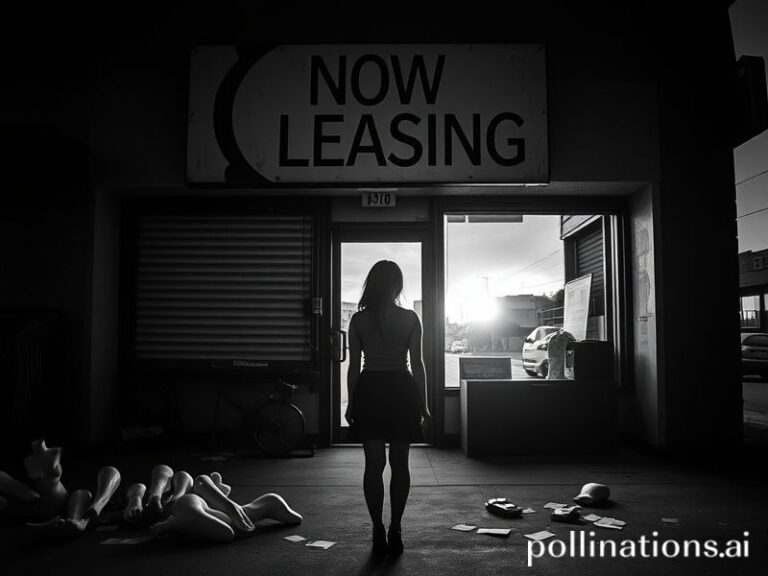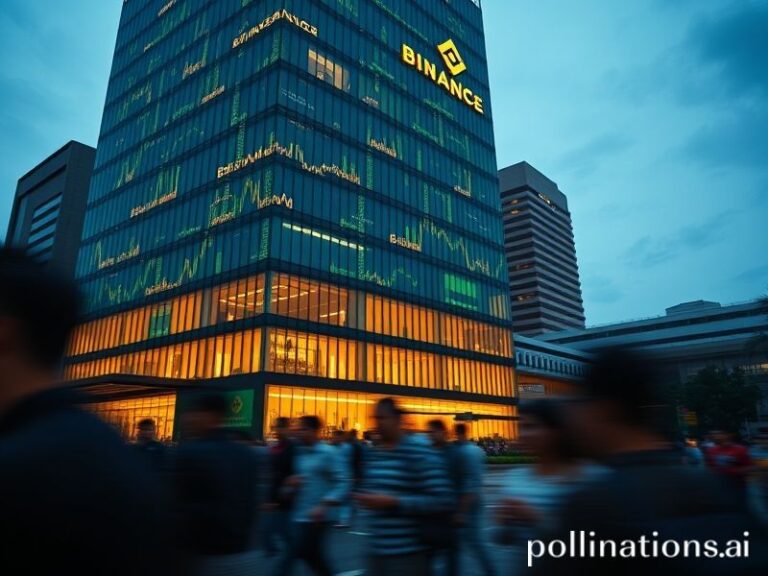Napoli: How a Rebellious Port City Became the World’s Favorite Warning Label
Napoli: The Vesuvian City That Refuses to Behave
Somewhere between Europe’s manicured north and its chaotic south lies Naples, a city that has spent 2,800 years perfecting the art of glorious non-compliance. To the World Bank it is a fiscal migraine; to UNESCO it is an open-air museum; to your average commuter it is a place where traffic lights are polite suggestions and parking tickets are origami. Yet this unruly child of the Mediterranean keeps dictating global tastes in pizza, tailoring, and organized crime with the same casual shrug that A-listers reserve for paparazzi.
The Neapolitan brand of disorder travels well. In Los Angeles, queues for “authentic” Neapolitan pizza stretch around food-truck pods while municipal governments lecture citizens on water conservation—ironic, since Naples itself still loses 40 % of its supply to leaks the Romans would recognize. In Tokyo, bespoke tailors import wool from Biella but insist on Neapolitan shoulder construction because, apparently, nothing says sartorial rebellion like a jacket that slouches as if it’s late for espresso. Meanwhile, back home, the city’s municipal budget is held together by the same optimism that fuels a three-hour lunch break.
Geopolitically, Naples has become a thermometer for the planet’s temperature. When global grain prices hiccup, the city’s pizzaioli stage flour-dusted protests in Piazza del Plebiscito—an event the IMF monitors with the same anxiety it once reserved for Greek bond yields. Climate scientists now study Vesuvius not just for eruption risk but as a proxy for Mediterranean drought, since the volcano’s lower slopes are planted with vines that will determine whether your 2042 Barolo costs more than a Tesla battery. If the lava comes, rest assured the locals will shrug, pour another espresso, and begin rebuilding before the ash settles—an attitude Silicon Valley is trying to patent as “resilience-as-a-service.”
The city’s relationship with the wider world is essentially transactional: give us your tourists, your cruise ships, your huddled influencers yearning for authentic backdrops, and we will give you a selfie framed by laundry and existential dread. The cruise industry alone disgorges 1.2 million passengers annually into streets that handle medieval cart widths. They leave behind hard currency and, occasionally, a kidney stone from the espresso, proving that globalization can indeed be metabolized.
Yet Naples also exports something more intangible—a template for living in permanent crisis that other cities are beginning to photocopy. From Beirut to Bogotá, mayors now cite Naples as proof that a metropolis can default on its bonds yet still feed its citizens better than Berlin feeds its balanced-budget fetish. Urban-planner types call it “adaptive informality”; locals call it Tuesday. Either way, the lesson is clear: when formal structures collapse, informal ones bloom like weeds through Vesuvian ash. If that sounds romantic, remember the Camorra also runs on informal structures, and their HR department is not known for flexible working hours.
As COP summits debate carbon neutrality, Naples quietly experiments with the circular economy of corruption: yesterday’s bribe becomes today’s building permit, tomorrow’s archaeological dig. Archaeologists now petition UNESCO to list graft as intangible heritage, arguing it has sustained urban life longer than most democracies. The proposal is under review—filed, appropriately, in triplicate.
Conclusion: The planet’s future may be written in code, but its footnotes will be Neapolitan. Every time the global order threatens to calcify into algorithmic predictability, Naples pushes back with a shrug, a song, and a slice of pizza that violates at least three EU food-safety directives. In a world addicted to KPIs, the city remains stubbornly non-fungible. And while consultants in glass towers charge $500 an hour to teach “disruption,” Vesuvius glows gently in the background, a reminder that nature perfected the concept long before LinkedIn. Naples, then, isn’t just a city—it’s the world’s emergency exit sign, flickering neon over the words: “In case of apocalypse, break stereotypes here.”







